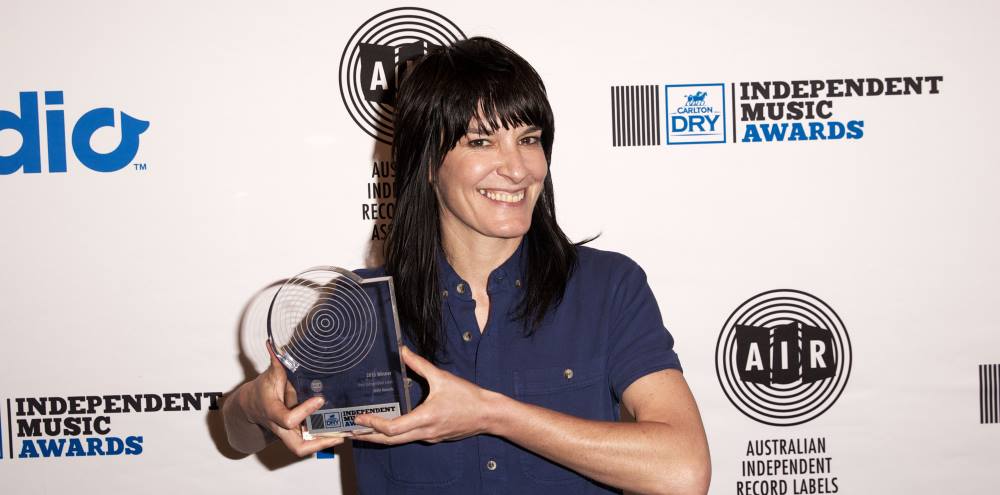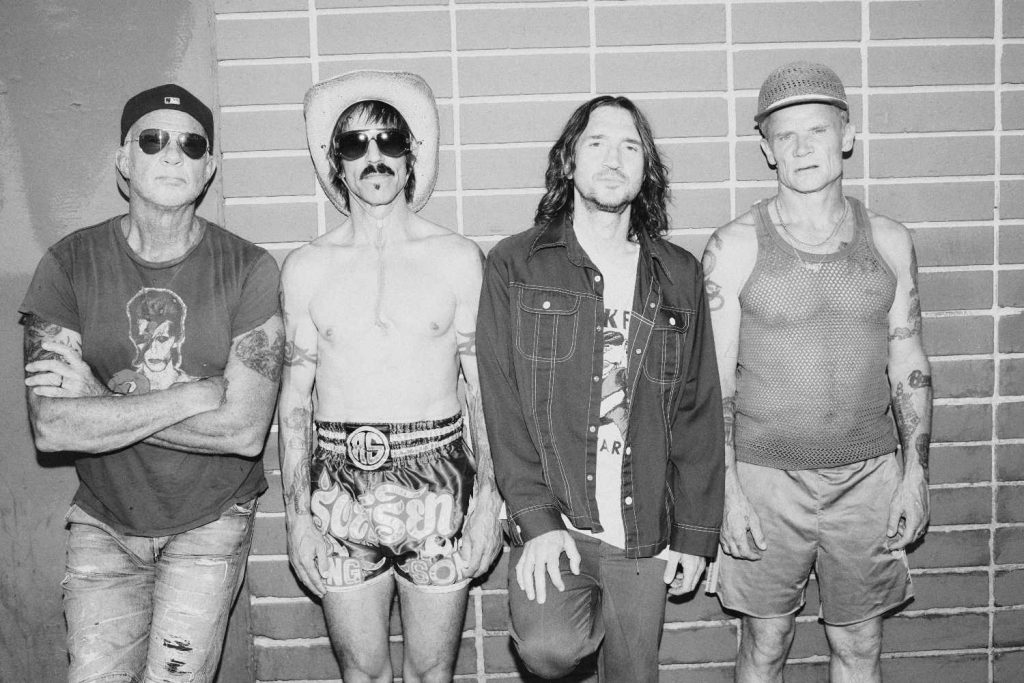“Courtney Barnett started it in 2012 to put out her first EP” Cloher remembers. “I kind of watched the label slowly develop. She asked friends of hers around Melbourne that she’d played with or had song writing partnerships with to come and put their music up on bandcamp under the Milk Records label. So it was pretty simple, it was just an online store. I saw how well she communicated with people, particularly on social media. She really speaks directly to people and I think they find it refreshing. I think her whole approach and ethos as an artist is really genuine and low in bullshit. I saw people really connect with Milk Records, and I thought I might release my third album through it. I’d worked with other indie labels in Melbourne and Sydney, and it was good, but I could see how that DIY ‘keep it small and keep it all’ approach was probably going to serve me better.”
There’s familiar comfortability about Milk! Records. Like an old blanket from your grandmother’s house that you’ve found again in an op shop years later. A very laid back accesibility that’s free of pretention. It’s something that’s helped both the label and founder Courtney Barnett throughout her own career. An unwavering sincerity that’s too often lacking in contemporary music. Despite the humility of Milk’s origins, this uniquely Australian attitude meant that the label always had a tremendous capacity to grow into something much bigger than a simple bandcamp page. The increasing popularity of the artists in question meant more opportunity. Fortunately for those at Milk!, Cloher’s wealth of experience in the music industry fending for herself has left her well poised to steer the label in successes direction.
“I’d been running workshops for independent artists where we just mainly talk about managing your own career, because there’s a real lack of good managers in this country, so you have to learn a lot of skills to be able to do that yourself. I know the whole ideology with Milk records really connected with what I was talking about in the workshops. So I brought my ideas over to Milk Records and started to implement them, and they worked. I think the community feel is definitely a factor, but essentially it has to be the music. It has to be of the standard that prompts people to come and buy it and see it, or you don’t really have a label. There is a sense of community, we are friends and we do all play in each other’s bands, but we’re still particular about the songwriters and bands that we put out through the label.”
There’s a deep respect that flows throughout the Australian independent music community, between each of the acts and labels. A mutual understanding that each and every stable of artists holds a unique voice and contributes equally. As Cloher explains to me, her admiration of her peers work is a motivator for her, and a constant source of inspiration.
“I think that Australian’s as a whole are starting to embrace their own music culture a lot more than perhaps even ten years ago. When I think of labels that are very Australian I think of labels like Elephant Tracks. I think they’re iconically Australian, likewise Future Classic. Yes, labels like Chapter Music or Milk or Bedroom Suck might have more of that classically Australian singer songwriter based approach. I think people are less afraid of owning their heritage and singing in an Australian accent. Certainly overseas, in my travels, there’s a lot of interest in music here, from fans and industry alike. People refer to it as the Melbourne Scene, which is pretty cool. We rate, as a musical city, alongside Portland or Berlin or New York or Toronto. It’s pretty cool.”
In an environment as fickle as the contemporary music industry, where the amount of artists in existence is nearing a critical mass and maintaining relevance is paramount, the success of the label is hinged on the success of the sum of its parts. This was demonstrated with awards such as the Carlton Dry Australian Independent Music Awards, with the lion’s share of the winners coming from strong labels with strong philosophies.
“It’s always nice to have a nod from other peers, and it’s a peer voted award. So that’s lovely, to feel that there is that respect and appreciation for what Milk records is doing within a community of peers. I think awards have always been a concept that’s fraught with problems for me, because how can you judge one persons art against anothers? But I understand why they’re there, and that it’s a way of recognizing and celebrating peoples hard work. We’ve worked very hard to raise the profile of the label over the last few years, and establish it as something much greater than any one artist.”
While Cloher is certainly pleased and appreciative of the support her peers have shown her, she still says the greatest measurement of success is the reaction of the music loving community.
“I don’t know the name of their school, but there’s a group of adorable schoolgirls who come along to any underage show. They came up and they said that they’re all in different year levels, but they’re united by their love of Milk Records. I think that kind of thing, hearing that back for me is the success. Hearing back from fans. We all fall in love with certain things and we all care about certain things in our lives, and it’s just cool that there are a few groups of people out there that care about what we’re doing.”
For a full list of the winners at the Carlton Dry Independent Music Awards click here.
Photo by Aleksandar Jason







